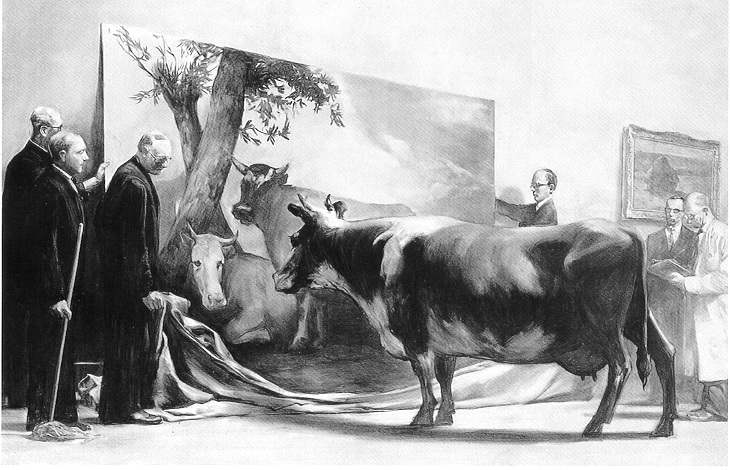
a few notes on hearing 99 Years of My Life
I look at the machine and think of a world where each memory could create its own legend. Chris Marker
There is a voice inside my head that never stops. Not the voice that monitors blood flow and circulation, or cell repair and immune defense, these activities, which remain the incessant and real life of the body, are unknown to me, unconscious. The voice that speaks to me all day is the voice of duty, not the ten commandments written on a tablet (if only they could all fit in such a small place!), but the demands of conscience, alongside reworked conversations, looped and replayed until the gag lines are sharp, the past filled with regret. This voice does not belong to God, but to my mother, I mean myself, and its desperate insistence marks it as the seat of personality. Or so it would like to imagine. When I am in the cinema, listening to a bodiless voice, freed at last from the tyrannies of the body, I imagine that I am able, privileged observer, voyeur to the end, to hear the inner voice of the maker, the character, the subject. It is a variant of my voice, but unlike conversation which never allows my internal monologue to escape (it is presented in party dresses or tuxedos, in camouflage, which it hates most of all) here in the cinema it finds its necessary companion.
Of course the pure cinema, the true cinema as the believers would call it, has nothing to do with speaking. What they seek most of all is a relief from the inner monologue. They want to cure the virus of language with images. But sometimes in order to cure, it is necessary to embrace the sickness first.
Maija Maikonnen’s 99 Years of My Life is an hour long video driven by the mouth which compulsively narrates the chronology of a life, year after year, this voice so powerful, so persuasive, that it manages to announce the death of its subject, carrying on past the grave, haunting the body which it has used as sounding chamber and host for nearly a century. “And now I am dead.” (Researchers at John Hopkins University have established that the ears emit sound a few seconds after death (otoacoustic emissions).
The voice tells the story and the montage jumps towards and away from it, sometimes in illustration, sometimes in counterpoint, like an eye distracted in conversation wandering over to a spot on the window, or a mind digressing. These pictures show a mind at play, and if there is so much joy and brightness leaping off the screen it is because everything is at stake in these playtimes. The possibility of going on for instance. The prospect of facing another damned day, that can make for serious fun. Fun as a question of survival. Not survival of the fittest, but survival of the most fun. Are we having a good time yet?
The voice demands and recounts, and counts again, while the eye plays. What I couldn’t understand is how this voice could be so old, so wise and knowing. How old are you? She says it’s the question everyone asks her, after they see the film. I met Miika in Vila do Conde, shortly after the Greek soccer team had buried Portugal’s hope for a hometown celebration, and while the festival was festive enough, no one lent more good cheer to proceedings than Miika. Not enough to eat the crowd with a show stopping air guitar display, the next night she knocks out improvised piano tunes in the too fancy, don’t-touch preciousness of the closing night bravura. Regaled us all day with stories of her sleepwalking (“I would sleepwalk to my parent’s bed and shriek, ‘I hate you,’ over and over. In the morning they looked upset and I couldn’t understand why. Of course I didn’t remember a thing.”)
It was startling to hear her voice at first. It is the voice of the film, and when you work on these movies, running it through the machine over and again, repeating repeating repeating, you hear the voice, your voice, turn into someone else’s. Replacing memories that used to belong to you. Experiences and once loves. (“Isn’t it strange,” Godard asks in Éloge de l’amour, “how history has been replaced by technology?”) Making these movies, or listening to them, is a way of containing the voice, of bargaining it down a little. Though these wagers may appear like Abraham’s astonishing turn at the gambling tables with God. Threatening to demolish the downstairs villa of Sodom, Abraham asks, “What if you can find a hundred good people, would you spare the rest?” God agrees. Abraham says, “What if you can find ten good people, would you spare the rest?” God agrees again. “And what if only one good person could be found, would that be enough?” God says yes, that would be enough. And then he destroys Sodom. The bargain, the talking cure, the thin line between getting up every day and starting again and never starting at all. Months after Vila, I find myself returning to this relentless documentary fiction, and find that I need this young-old voice speaking of growing old and having daughters and losing her shape and her husband and then herself. This small-large film so personal and home-made and embracing everything that comes in its path. She shows the cost of listening, of enduring the voice, and through it, on the other side, the possibility of another morning. The tomorrow of the image.
Originally published in: Dok Revue, a newspaper published by Jihlava International Documentary Festival, 2004.

